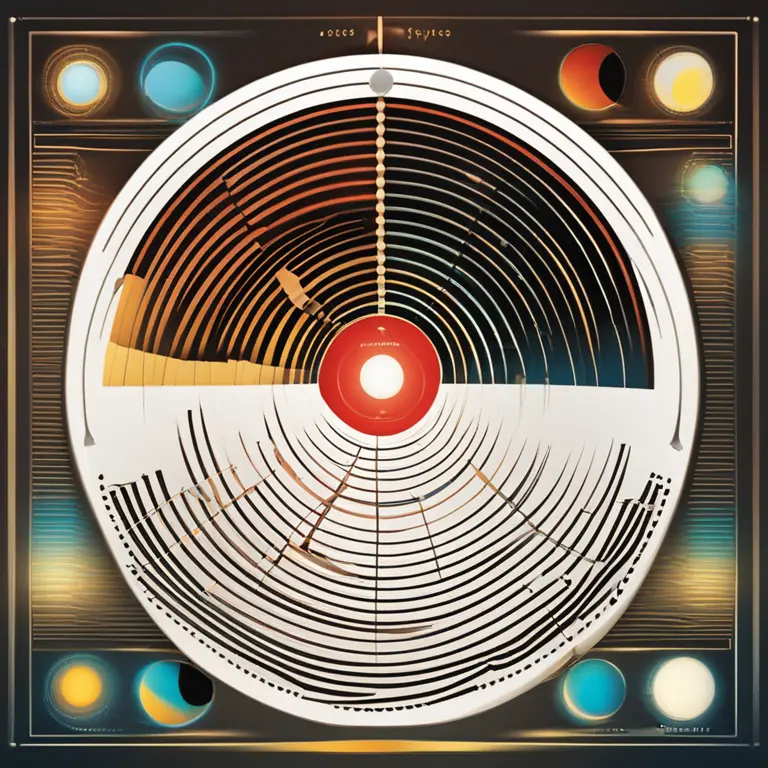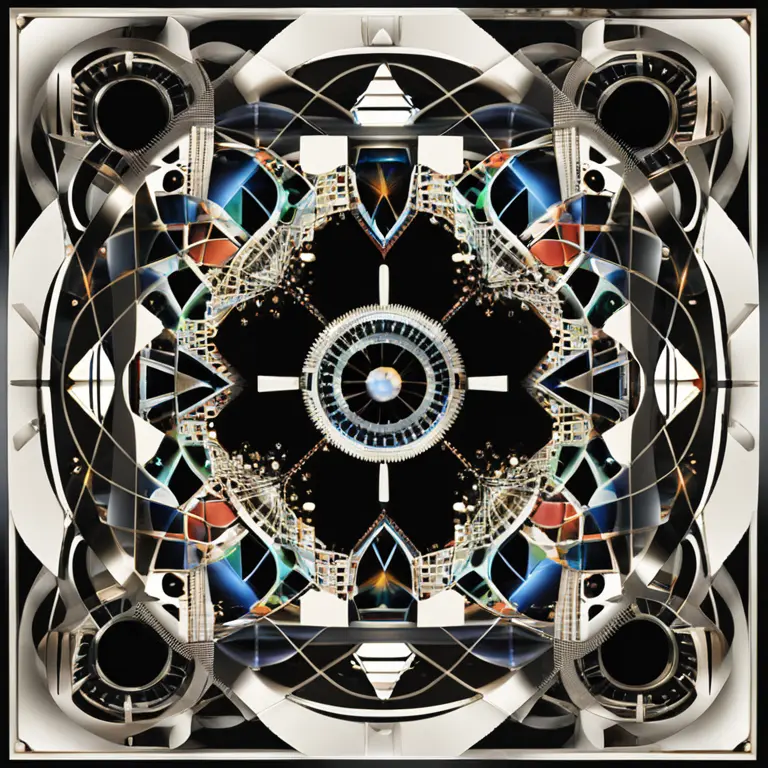
Is Biorhythm Compatibility a Fact or Myth?
Delve into the realm of biorhythms to discover if the science of bio-rhythmic compatibility holds water in harmonizing relationships.
article by Adrian Wallace
The Concept of Biorhythms
Biorhythms are said to be invisible waves of energy within the human body that are thought to influence our physical, emotional, and intellectual states. Originating from the 19th century, the concept holds that these cycles start from the moment of birth and affect us on a daily basis. Seen by some as a pseudoscience, biorhythm theory posits three primary cycles: the 23-day physical, 28-day emotional, and 33-day intellectual cycles. Each cycle is believed to sway between positive and negative phases, potentially impacting various aspects of our lives, including relationships. However, it is important to question with a critical eye whether these cycles truly synchronize between individuals to affect compatibility.

Biorhythm Compatibility: The Hypothesis
The theory of biorhythm compatibility suggests that individuals with harmonized cycles are more likely to experience successful and fulfilling relationships. In essence, it is hypothesized that when one person's physical, emotional, or intellectual cycle is at a high, it's better if their partner's corresponding cycle is also at a similar phase. This ‘synchronization’ is believed to lead to a more balanced and smoother interaction between partners. Advocates of biorhythm compatibility claim it can be an instrument to predict relationship dynamics and even act as a guide for better personal interactions.

Scientific Scrutiny of Biorhythms
Despite its popularity in certain circles, the scientific community often regards biorhythm theory with skepticism. Scientific scrutiny demands empirically-based evidence, which is largely lacking for biorhythms. Numerous studies conducted over the years have failed to convincingly show correlation between biorhythmic cycles and life events. As of 2024, there remains no concrete scientific consensus that recognizes biorhythms as a reliable tool for predicting individual behavior, let alone compatibility between individuals.

The Role of Technology in Biorhythm Analysis
With advances in technology and the widespread use of algorithms and data analysis, there has been a resurgence of interest in personalized biorhythms. Various apps and online services claim to analyze and compare biorhythms, offering insights into personal compatibilities. While these tools may present compelling visualizations and analyses, consumers should be wary of confirmation bias — our tendency to interpret information in a way that confirms pre-existing beliefs, potentially giving undue credence to the results provided by such services.

Personal Experience Versus Empirical Evidence
It is not uncommon to find individuals who swear by the accuracy and usefulness of biorhythm compatibility charts in their personal lives. While these testimonials can be persuasive and are certainly valid experiences, personal anecdotes do not equate to empirical evidence. Emotional resonance and the desire for control in the chaotic realm of personal relationships can make biorhythmic compatibility an appealing concept for some, even in the absence of scientific verification.
Biorhythms as a Complementary Tool
While the evidence supporting biorhythm compatibility as a scientific fact is lacking, this does not necessitate its complete dismissal. Some may find that biorhythm analysis provides a framework for introspection and communication within relationships, encouraging partners to be more attuned to one another's changing moods and energies. As such, biorhythms could be used as a complementary tool alongside other relationship-building strategies that foster understanding and empathy.
Conclusion: Navigating Biorhythm Compatibility Claims
As we progress further into 2024 and beyond, it is essential to approach claims of biorhythm compatibility with a critical yet open mind. While intriguing, the connection between biorhythms and relationship success lacks solid scientific grounding. As in all matters of the heart, a combination of communication, mutual respect, and shared values perhaps play a far more significant role in compatibility than invisible biological rhythms. For those intrigued by the notion, engaging with biorhythm analysis as a source of entertainment or as a supplementary discussion point in relationships may be the most balanced approach.
Published: 1/30/2024
Modified: 1/30/2024
More predictions
Come back here soon to learn more about yourself and your future


Daily Biorhythm Insights
Gain an edge on your day with profound awareness by learning about your personal biorhythms for today.


The Mathematics Behind Biorhythm Cycles
Delve into the fascinating world of biorhythm cycles and discover how mathematical principles can reveal the ebb and flow of our physical, emotional, and intellectual energies.